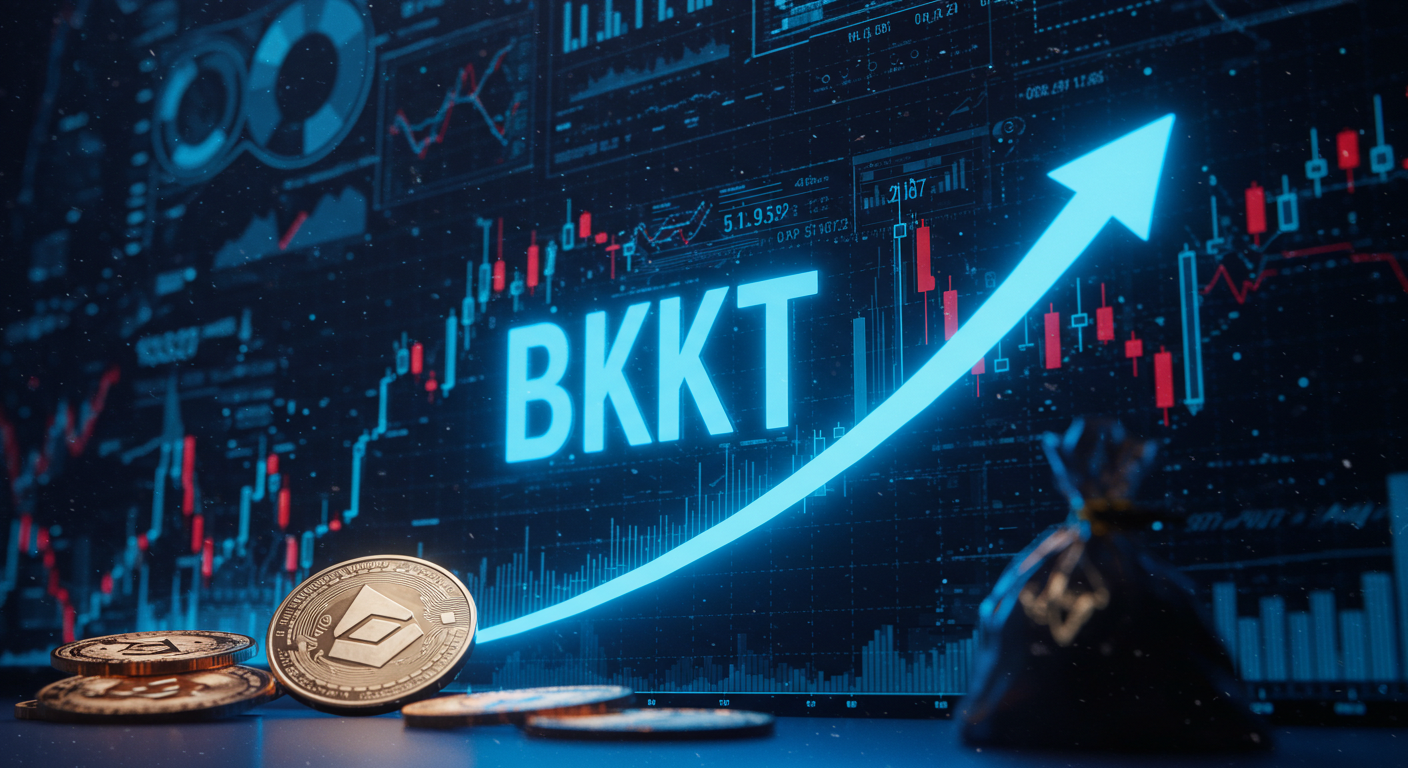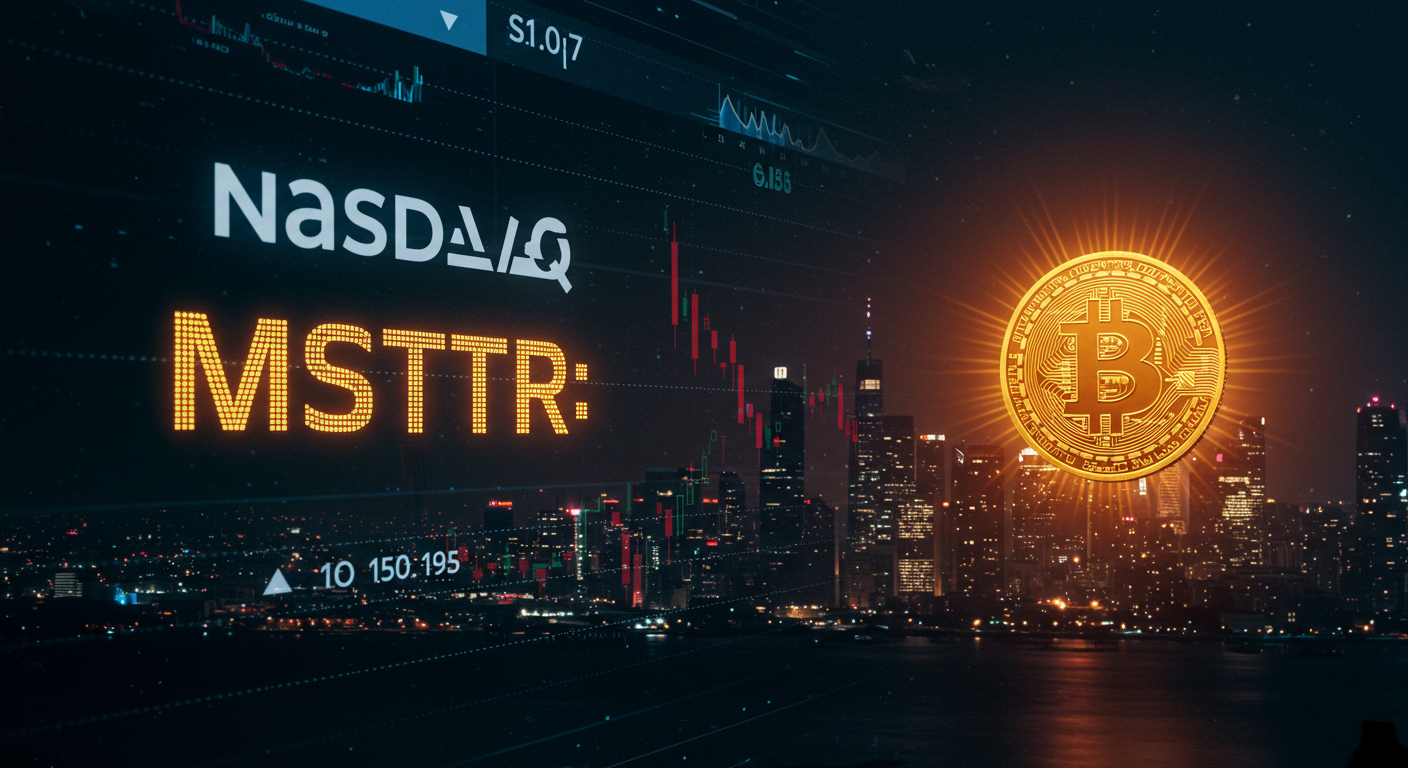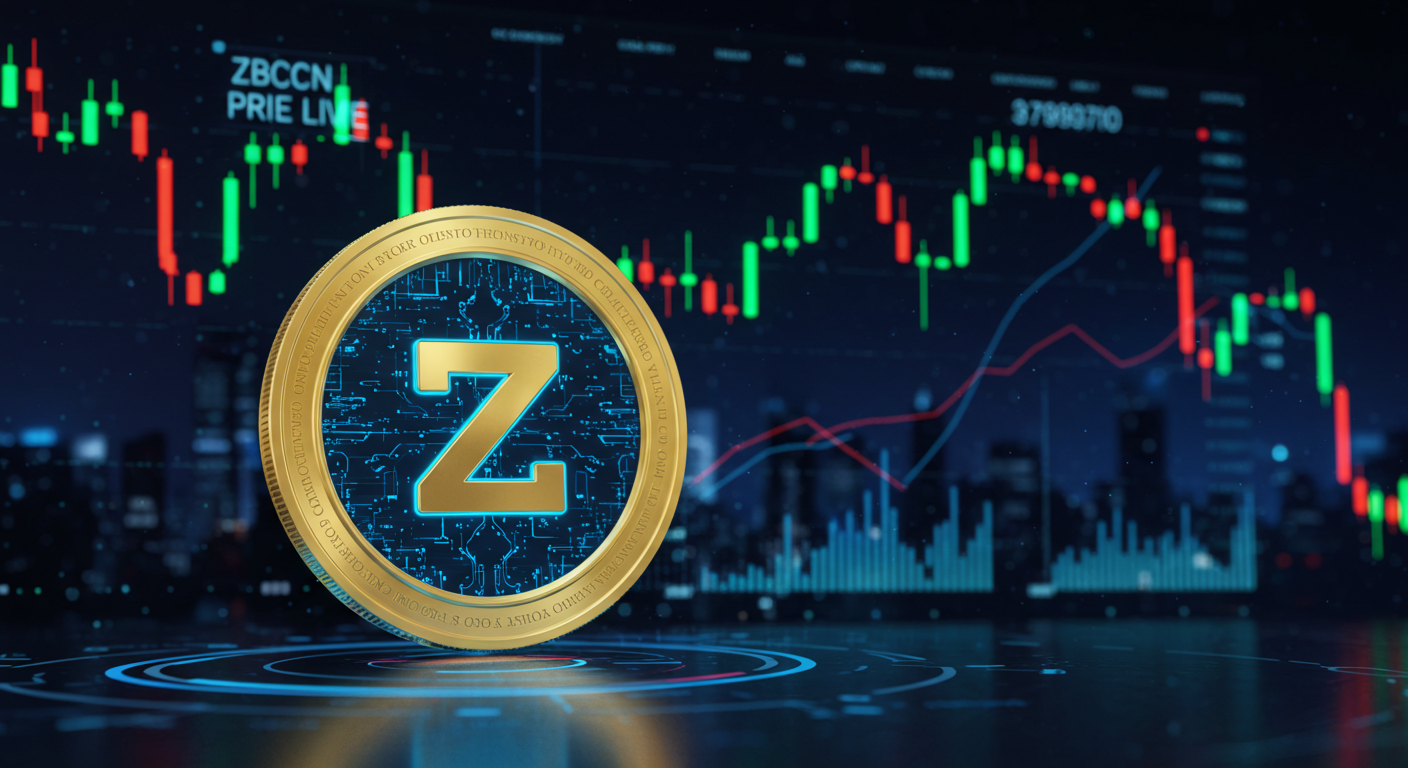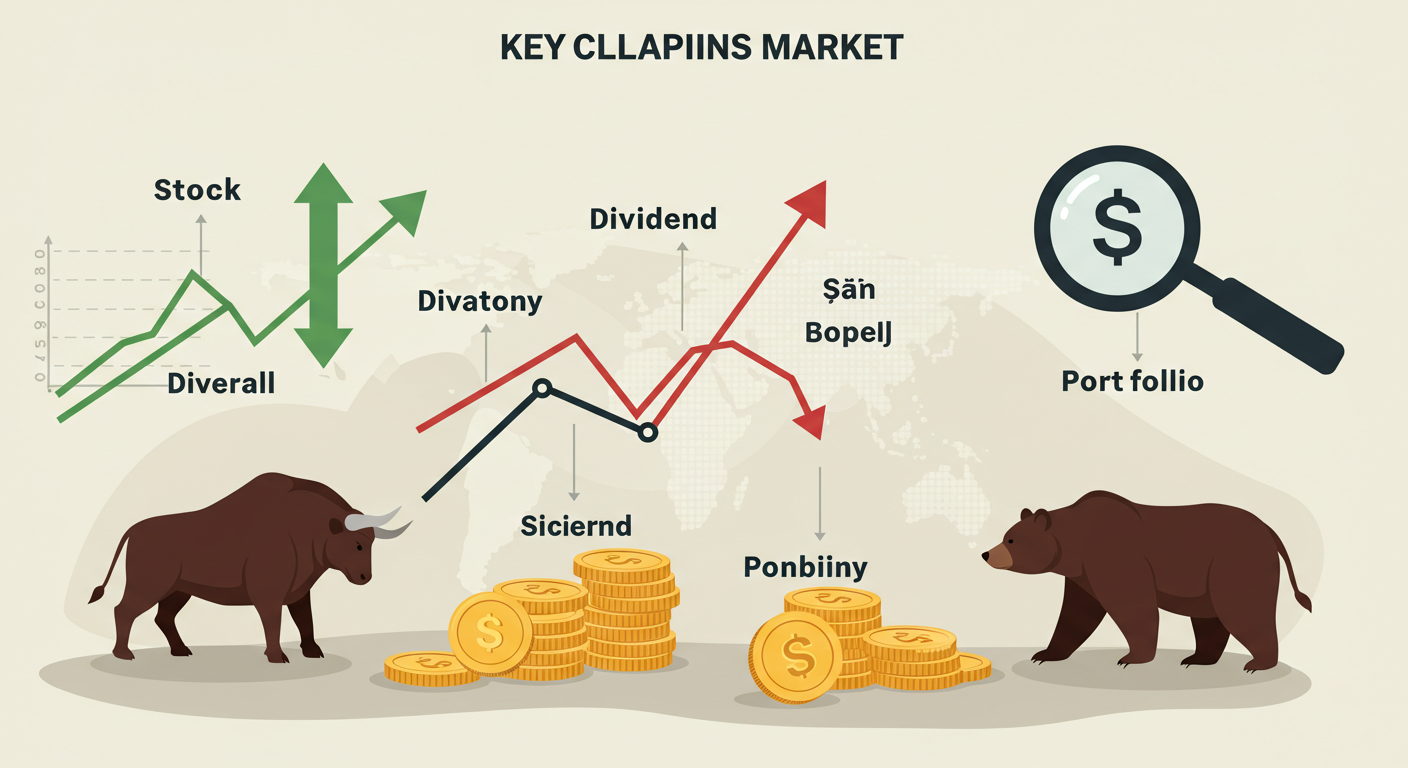The financial landscape has witnessed a series of revolutionary developments in the past decade, and one of the most significant innovations in the exchange-traded fund (ETF) market is the rise of ETFSwap. As a new form of financial transaction, ETFSwap is attracting attention from both institutional investors and retail traders alike. This news digest will explore the most significant events and trends shaping the future of ETFSwap, offering a comprehensive overview of its evolution, market implications, and future prospects.
What is ETFSwap?
Before delving into the latest ETFSwap news, it’s crucial to understand what ETFSwap is and how it functions. An ETFSwap is a financial instrument that allows investors to exchange ETFs (exchange-traded funds) for a variety of other assets, such as equities, commodities, or even cryptocurrencies. This swap can occur without the need for an actual purchase or sale of the ETF. Essentially, an ETFSwap provides investors with exposure to multiple asset classes while maintaining the flexibility and liquidity associated with ETFs.
ETFSwaps operate through over-the-counter (OTC) markets, bypassing traditional exchanges. This feature distinguishes them from regular ETF trades, which typically occur on public stock exchanges like the New York Stock Exchange (NYSE) or the London Stock Exchange (LSE). The swap can be customized based on the investor’s specific needs, such as the desired exposure to particular sectors or geographies, or a combination of assets.
The Rise of ETFSwap: A Game Changer for Financial Markets
ETFSwaps represent a significant innovation in the world of investment products. Their flexibility, cost-efficiency, and ability to bypass certain regulatory restrictions make them an appealing choice for investors. Over the past few years, the demand for ETFSwaps has grown exponentially, with institutional investors leading the charge. This surge in popularity can be attributed to the following factors:
1. Increased Flexibility in Portfolio Management
One of the primary benefits of ETFSwaps is their flexibility. Investors can swap one ETF for another or even exchange ETFs for non-traditional assets such as commodities or digital currencies. This opens up new opportunities for portfolio diversification and risk management. For instance, a trader can exchange an equity-focused ETF for a commodity ETF, providing them with exposure to gold or oil prices without having to buy or sell the physical commodities themselves.
Additionally, the ability to swap ETFs without triggering taxable events, such as capital gains taxes, is a key advantage. This aspect makes ETFSwaps particularly attractive for long-term investors who wish to optimize their portfolios without incurring significant tax liabilities.
2. Cost Efficiency
ETFSwaps offer a cost-efficient way for investors to gain exposure to multiple asset classes. Traditional methods of portfolio diversification often involve buying and selling individual assets, which incurs transaction fees, taxes, and other associated costs. In contrast, ETFSwaps streamline the process, allowing investors to execute large swaps in a single transaction. By reducing transaction costs, ETFSwaps enable investors to maintain more of their portfolio’s value while minimizing the friction of rebalancing.
3. Regulatory Flexibility
Another crucial factor contributing to the rise of ETFSwaps is the regulatory environment. Traditional ETF trading is subject to numerous regulations, including the requirements for reporting and transparency, especially in publicly traded funds. However, ETFSwaps, which typically occur in the OTC market, provide greater flexibility as they are less regulated. This creates a space for institutional investors to experiment with complex strategies that might not be possible with conventional ETFs.
Despite the lower regulatory burden, the ETFSwap market is still under the scrutiny of financial authorities. As this product gains traction, regulators are expected to introduce measures to ensure transparency and mitigate risks associated with OTC trading.
Key Events Shaping the Future of ETFSwap
The ETFSwap market is still evolving, with several key events shaping its future trajectory. Let’s take a closer look at some of the most impactful developments in the world of ETFSwaps.
1. Institutional Adoption and Growth
Institutional investors have been at the forefront of ETFSwap adoption. Large hedge funds, asset managers, and pension funds are increasingly using ETFSwaps to gain efficient access to a broad range of asset classes. One of the main drivers behind this institutional adoption is the desire to optimize portfolios and access new investment opportunities without incurring the high costs traditionally associated with direct asset purchases.
In 2023, several major financial institutions, including global investment banks, announced that they had started integrating ETFSwaps into their trading strategies. This move highlighted the growing acceptance of this financial instrument as a legitimate alternative to traditional ETFs.
2. The Emergence of Blockchain and Cryptocurrencies in ETFSwap
The integration of blockchain technology and cryptocurrencies into the ETFSwap market is another key trend that is reshaping the landscape. As cryptocurrencies continue to grow in popularity, many investors are looking for ways to gain exposure to digital assets within their diversified portfolios. ETFSwaps provide a unique opportunity to combine traditional ETFs with crypto assets, such as Bitcoin or Ethereum.
In 2024, a prominent financial services firm launched an ETFSwap that allowed investors to swap ETFs for a combination of crypto and traditional equity assets. This move represents a breakthrough in blending traditional finance with the rapidly growing digital asset space. As more financial institutions experiment with combining cryptocurrencies and ETFs through swaps, we can expect to see further developments in this area.
3. Regulatory Developments and Potential Challenges
As ETFSwaps become more popular, regulators are increasingly scrutinizing the market to ensure that it remains stable and transparent. Several regulatory bodies, including the U.S. Securities and Exchange Commission (SEC) and the European Securities and Markets Authority (ESMA), are closely monitoring the growth of ETFSwaps and considering how to implement safeguards to protect investors.
One of the key regulatory concerns is the potential for market manipulation in the OTC ETFSwap market. Unlike traditional ETF trading, which occurs on public exchanges with transparent pricing mechanisms, ETFSwaps are conducted in private markets. This raises concerns about price manipulation and the lack of liquidity during times of high market volatility.
To address these concerns, regulators are considering introducing new rules that would require greater transparency in the pricing and execution of ETFSwaps. Such regulations would likely include requirements for better reporting and increased disclosure of the underlying assets involved in each swap.
4. Impact of Market Volatility on ETFSwap Demand
Market volatility has historically played a significant role in driving demand for financial products that offer flexibility and hedging opportunities. During periods of economic uncertainty, investors often seek safe-haven assets such as gold, bonds, or even cryptocurrencies. ETFSwaps enable investors to quickly adjust their portfolios in response to market changes, providing them with the tools they need to protect their investments.
In 2022, for example, when global markets experienced heightened volatility due to geopolitical tensions and the COVID-19 pandemic, demand for ETFSwaps surged. Investors used swaps to quickly move between equity, bond, and commodity ETFs, allowing them to hedge against market risks. As we face future market disruptions, the demand for ETFSwaps is expected to remain strong, with investors increasingly looking for ways to manage risk efficiently.
Future Outlook for ETFSwaps
The future of ETFSwaps looks promising, with several factors expected to drive growth in the market. First, as the demand for customizable investment strategies increases, ETFSwaps will continue to play an important role in helping investors optimize their portfolios. Additionally, the continued evolution of blockchain and cryptocurrency integration into the ETFSwap space will open up new opportunities for investors to diversify into digital assets.
The regulatory landscape for ETFSwaps will undoubtedly evolve, with authorities seeking to balance innovation with investor protection. If properly regulated, ETFSwaps could become a cornerstone of the modern investment landscape, providing a flexible, cost-effective, and innovative alternative to traditional ETF trading.
ALSO READ:When is ETFswap Launching? Everything You Need to Know
Conclusion
ETFSwaps represent a groundbreaking innovation in the world of financial markets, providing investors with a versatile tool for portfolio diversification, risk management, and asset allocation. As the market continues to grow and evolve, it is essential for investors to stay informed about the latest ETFSwap news and developments. By understanding the key events and trends shaping the future of ETFSwaps, investors can better position themselves to take advantage of the opportunities this exciting financial product offers.
In summary, the rise of ETFSwaps reflects the growing demand for innovative, flexible financial instruments that cater to the needs of modern investors. With institutional adoption, the integration of cryptocurrencies, and the ongoing regulatory developments, the ETFSwap market is poised to shape the future of ETF trading in the years to come.












Leave a Reply